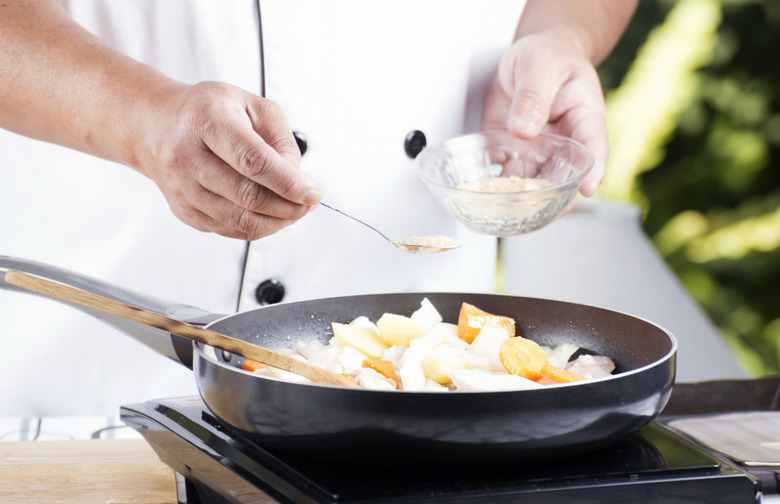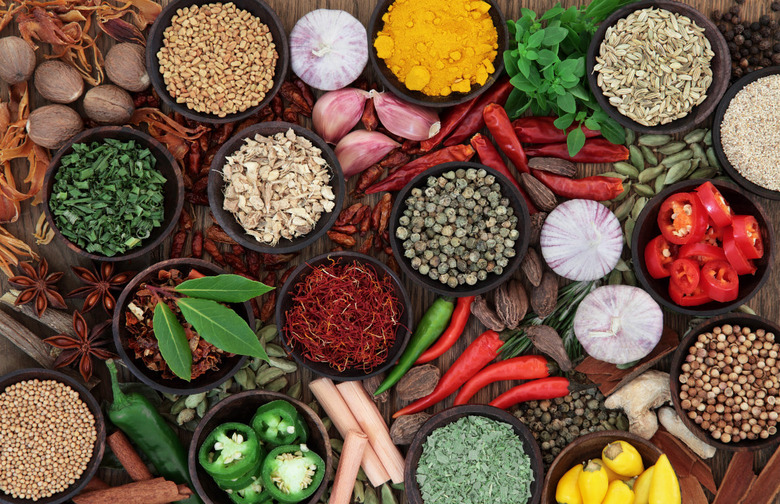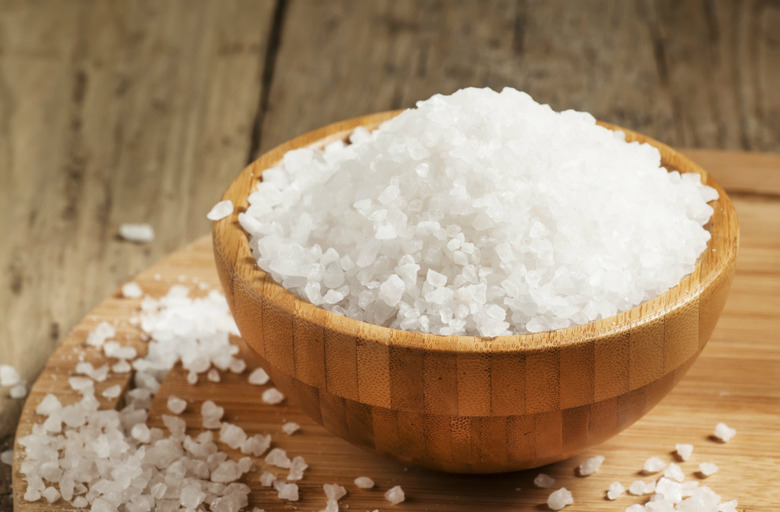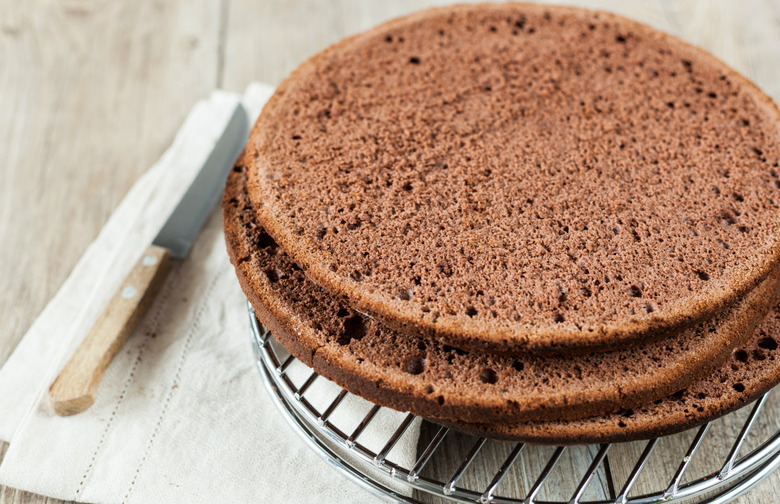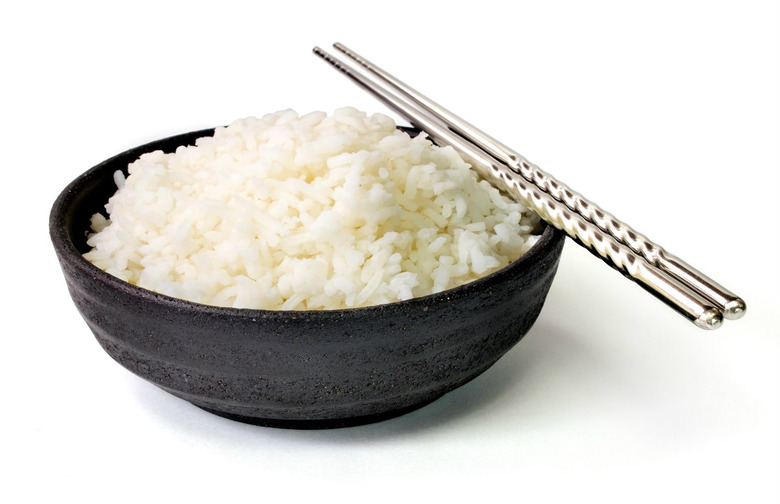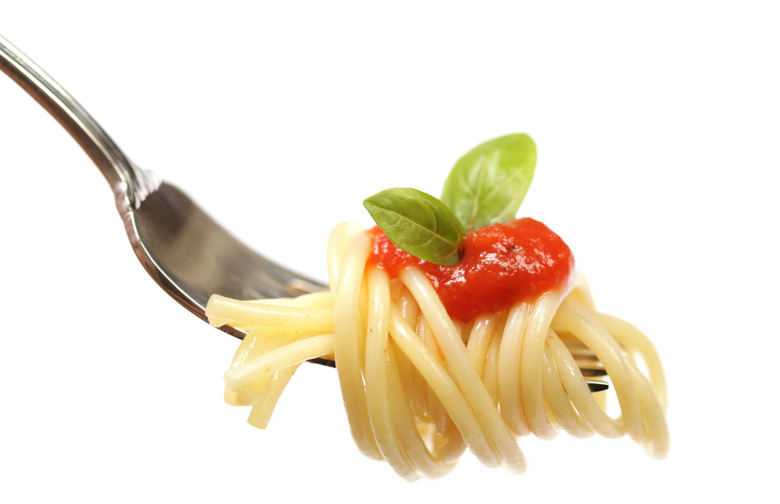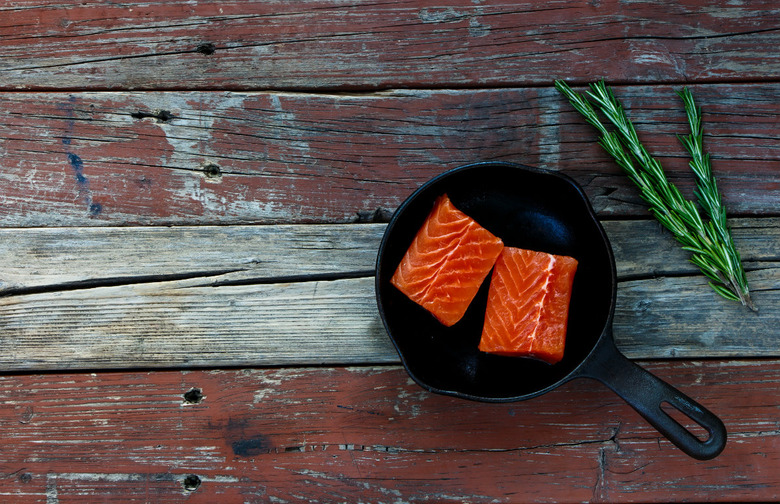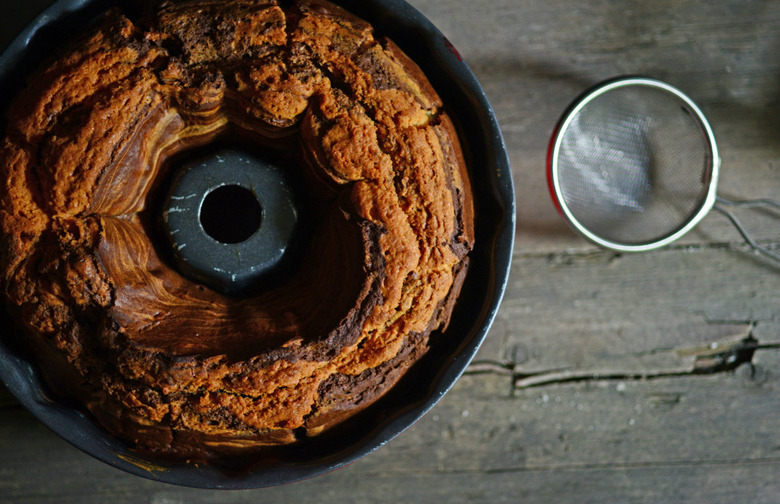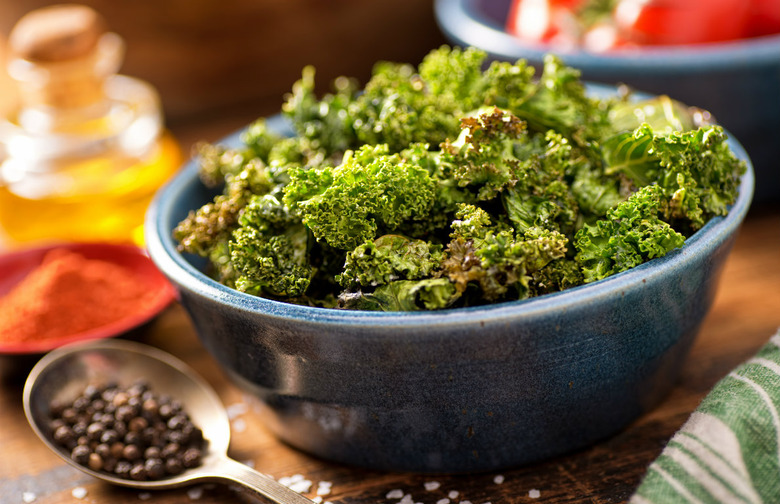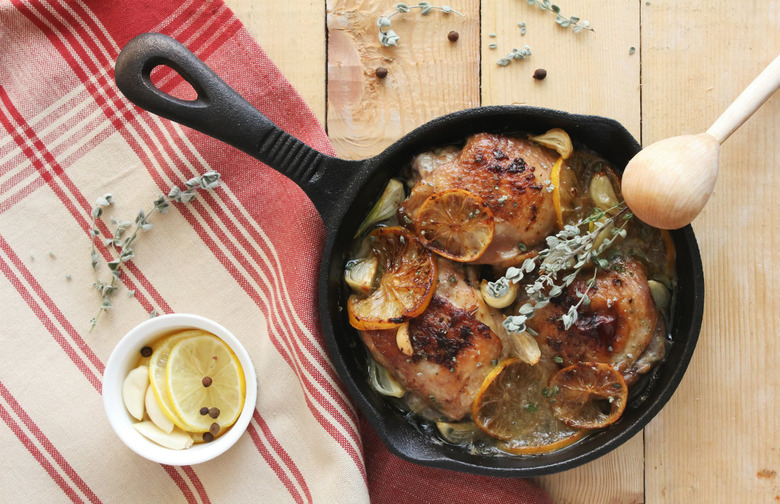What To Do If The Soup's Too Salty And 9 Other Cooking Hacks
There is rarely a catastrophic mistake that can be tweaked to taste. With that in mind, next time you encounter one of these common cooking snafus, don't panic because you will have the know-how to correct too much spice, clumpy rice, uneven cakes, and more.
Add these helpful tips to your ever growing list of cooking hacks you can't live without because mistakes will happen, but that doesn't mean dinner will be ruined.
My dish is too spicy.
Ever add a little too much pepper or underestimate the heat from that habanero? Well, there is an easy fix: sugar. Add just a pinch of sugar, not enough to taste the sweetness, but enough to curb the spiciness. Another option, which works particularly well for soups and sauces, is to add more broth/base to dilute the heat.
My dish is too salty.
My cake baked unevenly.
Sometimes even the most carefully baked cake will produce domed layers that are not exactly ideal for stacking into a beautiful, even layer cake. However, there is a simple solution. Let your cake cool, and then, using a serrated knife, carefully trim the domed portion of the cake layer off being sure to keep the knife parallel to the counter. Voila, even cake layers.
My rice is too sticky.
Cooking rice is one of those basic skills that many cooks have a hard time mastering. It's harder to cook fluffy, tender rice than it appears. Next time you find yourself with sticky, overcooked rice, don't toss it out. Instead, you can turn the rice into porridge or rinse it under cold water, which will rid it of some of that gumminess.
My pasta is soggy.
Pasta might seem like a no-brainer. Just boil it, and not too long. Unfortunately, life sometimes gets in the way, and while you were distracted, you overcooked your pasta and now it threatens to ruin dinner. Luckily, you can salvage slightly overcooked pasta by heating a skillet with just a splash of olive oil. Toss the pasta in the hot pan with the olive oil for one or two minutes to firm up the texture.
My fish is stuck to the skillet.
You've heated the oil until almost smoking, but your fish or other protein is still sticking to pan. Before you panic and tear apart the delicate filet of fish, add a tablespoon of butter to the pan. If the oil is smoking, take the pan off the heat while you gently push the melting butter toward the sticking meat. The water in the butter will help the fish skin release from the pan, and the browned butter adds delicious flavor.
My cake is stuck in the pan.
No matter how well-buttered or sprayed the pan, sometimes your cake just sticks. If you find yourself in this unfortunate situation, let your cake cool in the pan for about 10 to 15 minutes, and then try again (sometimes the cake will contract just enough while cooling to pull away from the pan). If your cake still won't budge, you can heat an inch of water in a pan large enough to fit your cake pan. Set your cake pan in the water to try to loosen the sticking cake.
My dish is bitter.
Sometimes dishes take on an unpleasant bitter taste; greens are particularly guilty of this faux pas. Instead of suffering through mouth-puckering bitterness, add a pinch of sugar and a dash of nutmeg. The sugar will mellow the initial bitterness on the tongue, and the nutmeg adds a nutty undertone to the dish to kill any lasting hints of undesirable bitter flavor.
My meat is too dry.
Perhaps one of the most common cooking mistakes — overcooked chicken comes to mind — can't be fixed so much as masked. When you find yourself faced with a dinner of bone dry chicken, simply make a pan sauce or gravy. Deglaze all those dried on bits of caramelized flavor in your pan with a splash of lemon juice or wine, and then fortify with additional herbs, chopped vegetables, or garlic, and then reduce some chicken stock to a gravy consistency. Season well and serve over your dry meat. The gravy will soak in and fool your mouth into tasting juicy chicken that really is not.
